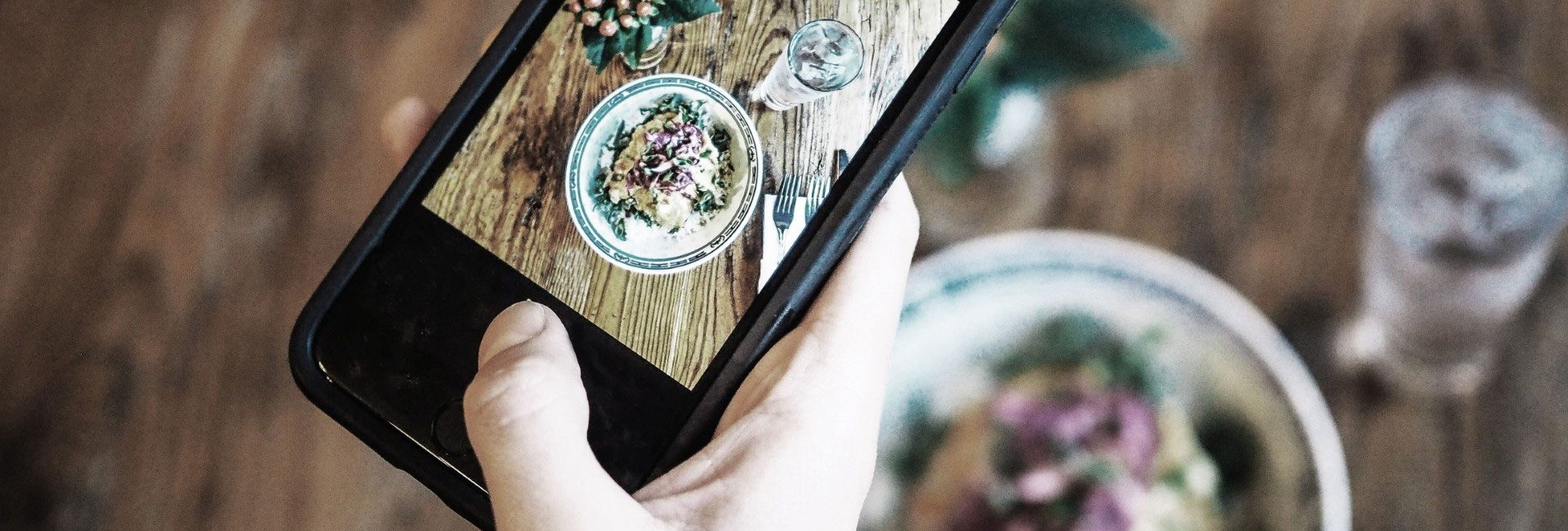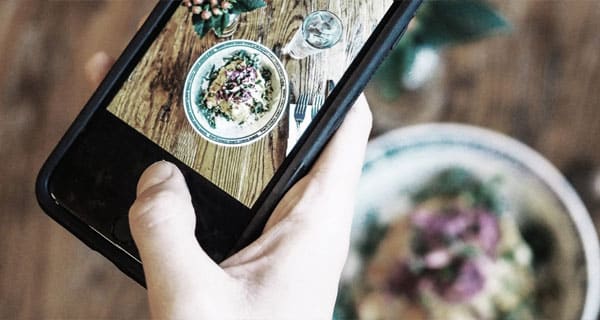
Used under a Creative Commons Licence
Can You Copyright a Recipe?
We are going to start with a bit of a fun scenario but not one that is unrealistic.
Imagine that a budding chef, Sarah, spends months compiling a stunning recipe book.
She gathers recipes from magazines, websites, and even her grandmother’s handwritten notes, blending them into a cohesive collection she is very proud of.
She adds her personal flair by reorganising the recipes into themed chapters, creating introductions for each section, and styling photos for every dish.
She plans to publish her book on Instagram to gain a following make some money from it but then everything slows down when a competitor claims she’s infringing copyright.
Where does Sarah stand?
Copyright and Recipe Books: The Australian Perspective
Under Australian copyright law, compilations—like Sarah’s recipe book—are protected as literary works.
Compilations are specifically mentioned in the Copyright Act 1968 (Cth), which defines literary works to include:
“a table, or compilation, expressed in words, figures, or symbols.”
This means that if Sarah’s recipe book meets the threshold of originality, it may be protected by copyright.
But here’s the catch: recipes themselves are generally not protected by copyright unless they are original (or in legalese, include unique literary expression).
The originality of Sarah’s recipe book lies in the selection, arrangement, and presentation of the recipes.
What Makes a Compilation Original?
For a compilation to be protected by copyright, it must be original.
There are a number of court cases that have shaped what this means in Australia.
We know from the case of Telstra Corporation Ltd v Desktop Marketing Systems Pty Ltd, that simply compiling information or relying on automated processes without significant human input is not sufficient to establish copyright protection.
For recipe books, this means that merely collecting recipes is unlikely to qualify as original under copyright law.
However, adding unique contributions, such as organising recipes into distinct themes, including personal anecdotes, or creating visually compelling presentations, can demonstrate the necessary originality.
IceTV Pty Ltd v Nine Network Australia Pty Ltd
Later, the IceTV case refined this perspective. The High Court emphasised that originality requires authorship and some level of creative expression, not just effort. This raised the bar for copyright protection in compilations like Sarah’s recipe book.
How Does This Apply to Recipe Books?
For Sarah, the originality of her book depends on her creative input. If she simply copies recipes without adding anything unique, her compilation may struggle to qualify for copyright protection. However, if she:
Organises recipes into unique themes or structures,
Adds original content, such as introductions or personal anecdotes,
Creates distinctive visual presentations, such as styled photography,
her work is more likely to be considered an original literary work.
Social Media and Jurisdictional Issues
In Sarah’s case, posting her recipe book on Instagram could expose her to claims from individuals or businesses in other countries, like the U.S., where copyright laws differ. For example, the U.S. follows the Feist Publications v Rural Telephone Service Co. precedent, which requires a higher level of creativity for compilations. Sarah might also face challenges if terms of use on platforms like Instagram affect her rights. These jurisdictional nuances highlight the importance of clear agreements and understanding local and international copyright laws.
How Sharon Givoni Consulting Can Help
At Sharon Givoni Consulting, we specialise in turning your ideas into assets™. We can help by:
- Reviewing and advising on copyright issues: Whether you’re creating a recipe book, Instagram content, or any other compilation, we’ll help you understand your rights.
- Drafting agreements: We ensure your contracts clearly outline ownership and usage rights, avoiding disputes.
- Providing practical advice: From social media best practices to protecting your intellectual property, we offer tailored guidance.
Final Thoughts
Sarah’s story is a reminder of the complexities of copyright law, particularly when it comes to compilations. With the right advice, creators can confidently navigate these challenges and protect their hard work.
Please note the above article is general in nature and does not constitute legal advice.
Please email us info@iplegal.com.au if you need legal advice about your brand or another legal matter in this area generally.


